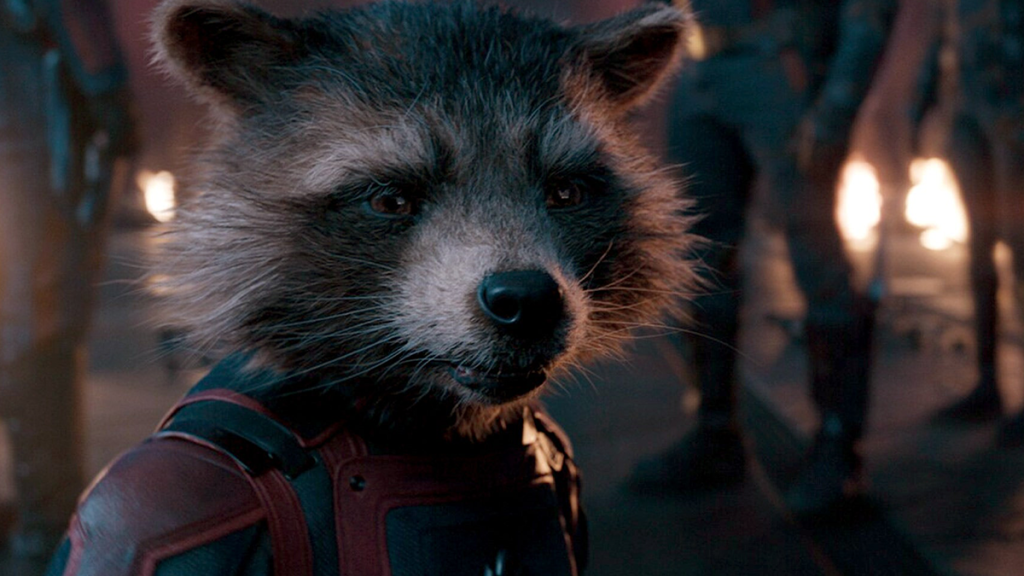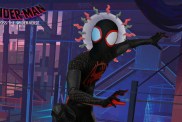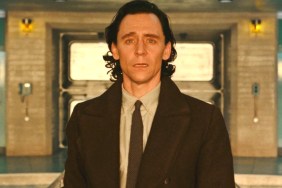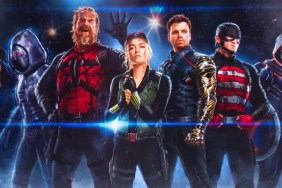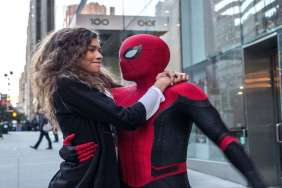The Guardians of the Galaxy — both the characters and the series they are part of — have always been a little different from the rest of the Marvel Cinematic Universe. Even though they didn’t show up until the 10th installment of the franchise, it can be said that they’ve been trailblazers for it. Several of the hallmarks Marvel is now known for — most notably, quippy comedy and well-timed needle drops (especially if said needle drops are serving as the background music for a fight scene) caught on after the first Guardians of the Galaxy movie, all the way back in 2014.
This “copycatting” makes these aspects of Guardians of the Galaxy Vol. 3 less of a novelty; even though they’re mostly done well here, this kind of stuff is not only what audiences have come to expect from this series but the MCU as a whole. Fortunately, the film’s story has the substance that makes this movie work beyond the fun bells and whistles and actually makes it simultaneously an entry that feels right at home in the MCU and a potential trailblazer for it in a different sense than before.
From the start, the Guardians have always felt like the anti-Avengers. The backdrop of outer space and inclusion of characters like Rocket Racoon and the tree creature Groot differentiated it from the MCU’s first team immediately, but the main difference that has shone through all of this franchise is that for all the marketing that’s tried to sell the Avengers as a “found family” despite the group functioning more like a group of colleagues with a select few strong relationships between members (most of them involving Black Widow) the Guardians have always come across as an actual found family. While not all of these characters are quite as compelling as individuals as many of the Avengers are, it’s way easier to buy into their team dynamic; the Avengers only really see each other when we, as the audience, do (AKA when they have a huge mission to complete), while the Guardians are characters who clearly interact and have adventures together beyond the ones we get to witness.
Guardians of the Galaxy 3 handles redemption well
The third Guardians movie smartly keeps this sentiment of found family at its core (which is a relief after 2017’s Guardians of the Galaxy Vol. 2 was less focused on this aspect of the team and suffered because of it) but also takes another common MCU trope and handles it better than what we normally see from this franchise: the redemption arc. So many MCU characters have gone through the classic story of doing something bad, realizing said thing was bad, and changing their ways (by becoming a superhero, naturally).
This isn’t a bad trope and can make for wonderful characters and stories, but the MCU has fallen into the trap of ending these characters’ stories by taking the “redemption = death” route. Not a bad arc on its own, but one we’ve seen a heck of a lot in media, and one that the nature of the MCU isn’t that conducive to; most of these characters change their ways in their first movie appearance, but no matter how much good they do between that first chapter and their final appearance, the movies often seem to convey the sentiment that they’re not truly redeemed until they die via some sort of heroic sacrifice.
A couple of prime examples of this include Black Widow feeling compelled to wipe out the “red in [her] ledger” as the reason for her self-sacrifice for the Soul Stone despite having done plenty of heroic work between her escape from the Red Room and the Time Heist mission in Avengers: Endgame, and the notion parroted even by the film’s writers and directors that Iron Man needed to sacrifice himself in order to become a “fully realized hero,” even though he’d already done so in multiple movies beforehand. It’s as if it doesn’t matter how regretful a character is of their past actions and how much subsequent good they do, in these writers’ eyes, they still need to be “punished” for their past.
The Guardians franchise isn’t totally immune to this (Yondu’s sacrifice in Guardians of the Galaxy Vol. 2 gives off some of those aforementioned vibes), but Vol. 3 is smart enough to recognize that this group has been together for quite some time at this point, whatever they did in the past is long over, and they’ve more than made up for it with what they’ve done as part of the team. At no point does the film suggest any of the Guardians need to sacrifice themselves to make up for some previous wrongdoing. These people weren’t perfect then, and they still aren’t now, but their hearts are in the right place. The phrase “everyone deserves a second chance” — yes, that’s an actual quote from the film — feels genuine here, rather than a nice way of the film indicating “we’re keeping you around as a future sacrifice.”
That’s not to say character arcs, dangerous situations, and even brutal deaths don’t occur in Vol. 3; these space weirdos still have some growing to do, and we definitely see that throughout the movie. But above all, the film shows that some of the greatest acts of heroism don’t come in the form of death but life and what we do with it while we still have it. As such, this final installment of the current iteration of the Guardians feels less like a funeral and more like a wake or “celebration of life.” It’s a refreshing change of pace for the genre that will hopefully carry forward not just in the MCU but the DCU as James Gunn heads over to guide its new era.
